Industry news
Russia is considering export duties on all types of fertiliser
Writer: MAYHARVEST Time:2022-09-14 19:53:30 /p>
Russia is considering export duties on all types of fertiliser
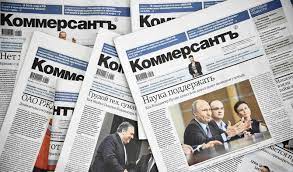
Russian newspaper Kommersant reports that the government is considering imposing export duties on all types of fertilizer, which chemical companies have so far managed to avoid despite requests from the agriculture ministry. This time, the finance ministry wants more than 100 billion rubles from the sector this year.
12 percent of export revenue, which will complicate the implementation of investment projects already in doubt amid sanctions and logistical issues.
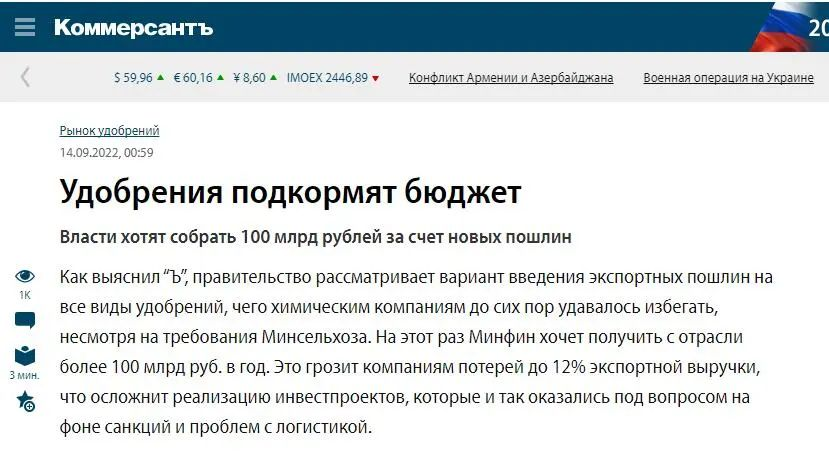
Sources told Kommersant that the finance ministry proposed export duties on fertilisers. Businessmen's sources close to the government say that a decision has actually been taken and that a specific rate is now being discussed, with the calculation overseen by Deputy Finance Minister Alexei Sazanov. According to them, the issue was discussed this week in a meeting with First Deputy Prime Minister Andrei Belousov. His office would not comment on the information. The ministries of Finance, industry and trade and agriculture also had no comment.
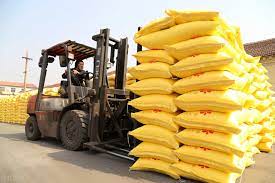
The economy ministry said it had not yet received such an initiative from the finance ministry. "When substantive proposals arise, we will ensure that they are discussed within the framework of the relevant government sub-committees, with the participation of all relevant ministries, including the Ministry of Industry and Trade and the Ministry of Agriculture," they explained. The issue was not discussed with market participants, according to the sources.
In all, Kommersant's interlocutors say, it plans to collect about 105 billion rubles from the chemical industry this year.
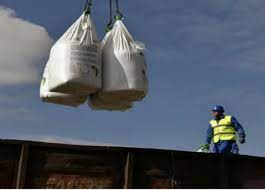
The decision to impose export taxes will formally become a government decree valid for six months in order to avoid coordination problems within the EAEU(unilateral tariffs can last up to six months). The calculation is based on an exchange rate of 60 rubles per dollar, which is significantly lower than the level predicted in the budget (69 rubles per dollar). Kommersant sources indicate that the option of establishing a single ratio for all types of fertilizers is being considered. Some of them argue that this will be difficult to implement because there are significant differences not only in the supply prices between nitrogen, phosphorus and compound fertilizers, but also in the quotes from different countries.
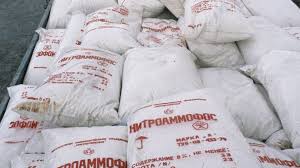
Kommersant's interlocutor stressed that the Finance Ministry in its assessment relied on the financial statements of companies based on RAS and did not take into account the sharp increase in logistics costs, the freezing of funds of many companies, the negative impact of exchange rate differences, because as well as the amount of stranded goods in the delivery process. In that case, Kommersant's sources assured that the biggest industry players would have to cut the remaining investment projects in their plans. There was no official comment from the chemical companies themselves on the finance ministry's move or its consequences.
Already this year, the Russian government has imposed export restrictions on nitrogen and nitrogenous fertilizers, and export quotas are almost certain to be extended until 2023.
Nina Adamova of Gazprombank's CEP estimates that the new financial burden represents 8-12% of the chemical industry's expected export revenues this year.
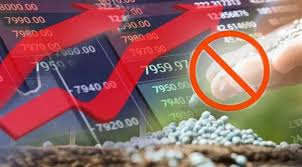
But experts say the exact number will depend on results in the second half of the year. Boris Sinitsyn, head of resource sector analysis at Renaissance Capital, said seizures would account for 11 percent of fertilizer producers' export revenues by 2021 and could reach 8-9 percent by 2022 as prices rise to record highs. Experts believe that if fertiliser prices "normalise", the tariffs could lead to a 20 per cent drop in producers' net profits.
PRODUCT
LATEST NEWS
- MAYHARVEST WAS INVITED TO PARTICIPATE IN THE DRIVING CEREMONY OF THE HUMATE DEVICE WITH AN ANNUAL OUTPUT OF 50,000 TONS IN -HEISE ECOLOGICAL TECHNOLOGY---CHINA'S LEADING HUMIC ACID ENTERPRISE
- Effects of Different Liquid Organic Fertilizers on Cotton Growth and Soil Nutrients---liquid organic fertilizer containing humic acid (HF)
- International Ammonium Phosphate Memorabilia(2)
- International Ammonium Phosphate Memorabilia
- Russia is considering export duties on all types of fertiliser
CONTACT US
Phone: 008617313349828
WhatsApp: 008617313349828
Email: info@mayharvest.com
Add: FLAT/RM B 5/F GAYLORD COMMERCIAL BUILDING 114-118 LOCKHART ROAD HONG KONG